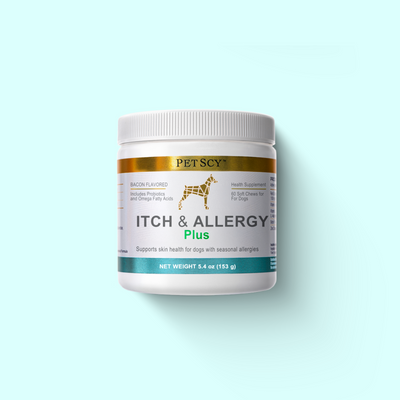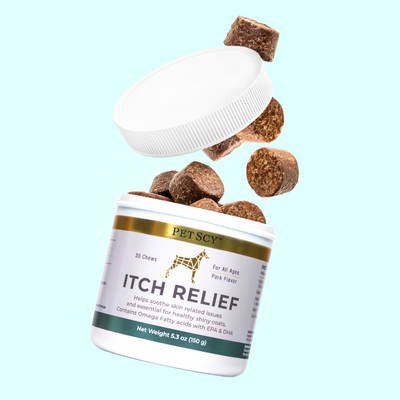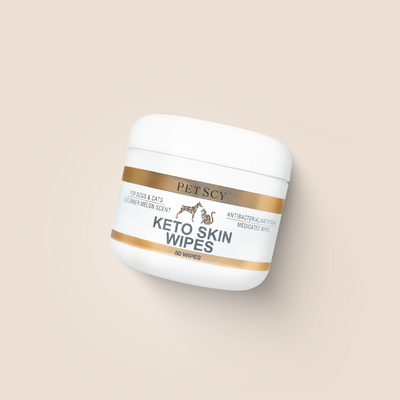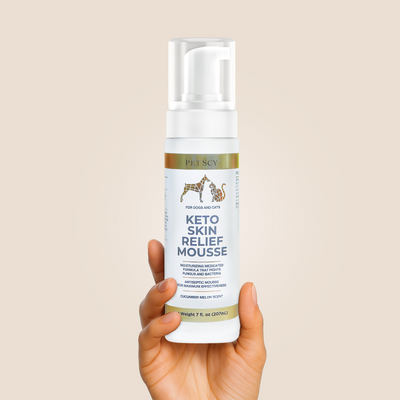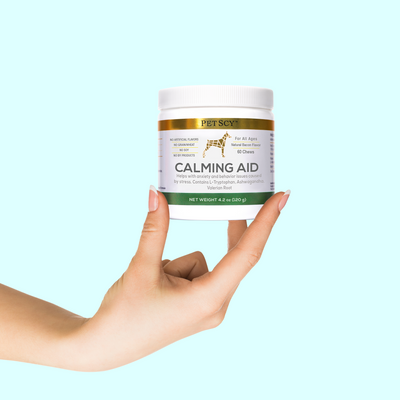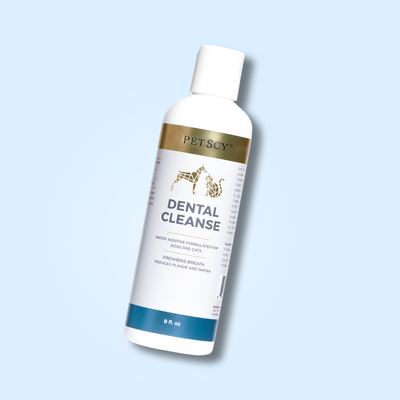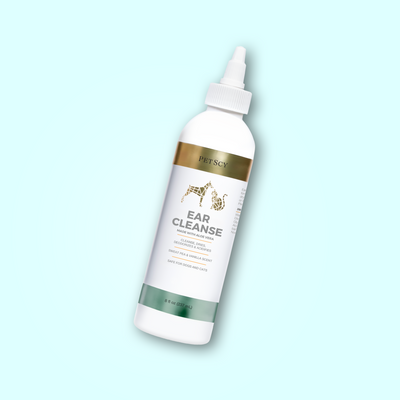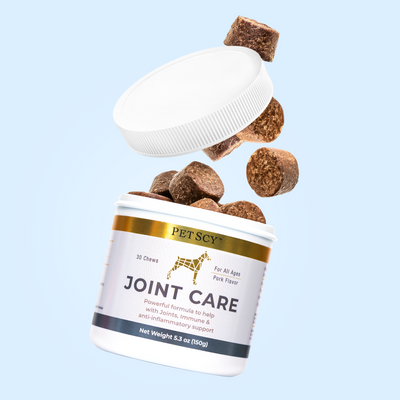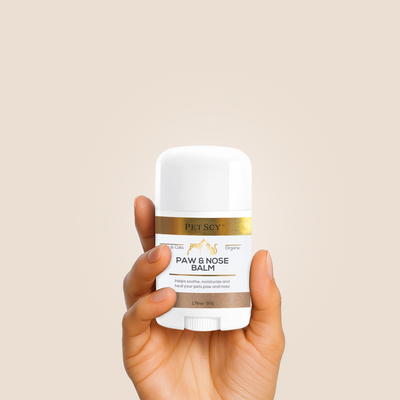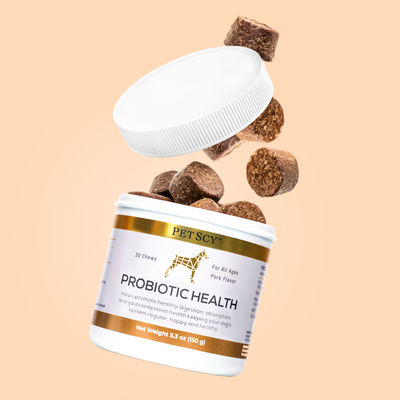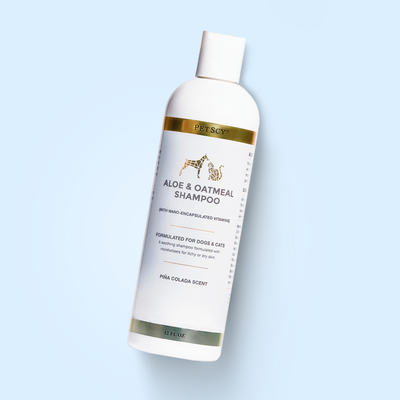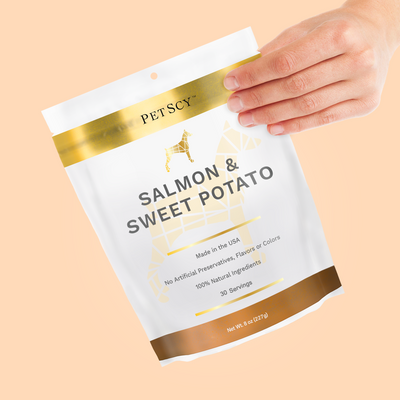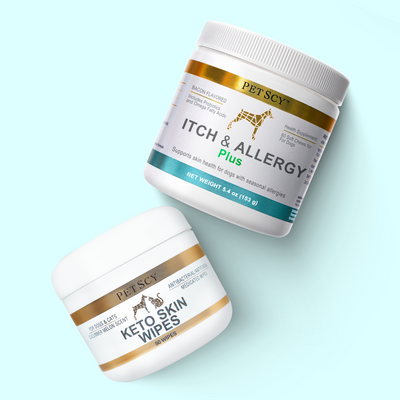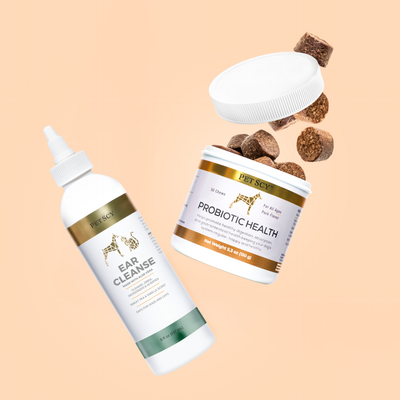
Top 10 Signs Your Dog Needs Probiotics for Better Health
I’ve always believed that a happy dog means a happy home. But what if your furry friend isn't feeling their best? Just like humans, dogs can benefit from probiotics to maintain a healthy gut. Recognizing the signs that your dog might need a little extra help can make all the difference in their overall well-being.
From digestive issues to skin problems, there are several indicators that your dog might benefit from probiotics. By understanding these signs, you can take proactive steps to ensure your pet stays healthy and vibrant. Let’s dive into the top 10 signs your dog needs probiotics and how they can improve your pup's life.
Understanding Probiotics for Dogs
Probiotics can significantly enhance a dog's health. Understanding their role helps pet owners make informed decisions.
What Are Probiotics?
Probiotics are live microorganisms that aid in maintaining a healthy balance of gut flora. These beneficial bacteria and yeasts support digestion and boost the immune system. Common strains for dogs include Lactobacillus, Bifidobacterium, and Enterococcus. Probiotics can come in various forms such as powders, capsules, and chews.
Benefits of Probiotics for Canines
Several unique benefits of probiotics exist for dogs:
- Improved Digestion: Probiotics help break down food efficiently, reducing indigestion and bloating.
- Enhanced Immune Function: Probiotics stimulate the immune system, helping dogs fight infections more effectively.
- Allergy Relief: Probiotics can modulate the immune response, alleviating symptoms of allergies.
- Healthy Skin and Coat: Improved gut health leads to better nutrient absorption, enhancing skin and coat condition.
- Reduced Inflammation: Probiotics can decrease gut inflammation, offering relief for dogs with Irritable Bowel Syndrome (IBS).
- Better Stool Quality: Regular probiotic intake can result in firmer, more consistent stools, making cleanup easier.
Probiotics for dogs play a crucial role. They support digestion, immunity, and overall well-being.
Top 10 Signs Your Dog Needs Probiotics
Dogs, like humans, sometimes require probiotics to maintain optimal health.
- Persistent Gastrointestinal Issues: Chronic diarrhea or constipation often indicates a flora imbalance. I look for frequent vomiting and digestive distress, as these symptoms suggest your dog needs probiotics.
- Poor Appetite or Dietary Changes: Loss of appetite or sudden dietary changes can stress a dog's gut. I've noticed that introducing probiotics aids in a smoother transition and can restore normal eating patterns.
- Abnormal Stool Consistency: Loose or hard stools signal gastrointestinal problems. Firm, well-formed stools usually indicate balanced gut health; probiotics help achieve this balance.
- Frequent Infections and Illnesses: Lower immunity leads to recurring infections. Probiotics enhance immune function, reducing the frequency of illnesses.
- Antibiotic Use and Its Effects: Antibiotics disrupt gut flora, causing digestive upset. I recommend giving probiotics after antibiotic treatment to restore microbial balance.
- Bad Breath or Digestive Odors: Persistent bad breath or foul digestive odors suggest poor digestion. Probiotics improve gut health, often eliminating these odors.
- Excessive Gas or Bloating: Excessive gas or bloating indicates digestive issues. Probiotics reduce gas production and enhance nutrient absorption.
- Changes in Behavior and Mood: Lethargy or irritability can be linked to gut health. Probiotics promote a healthy digestive system, improving behavior and mood.
- Dull Coat or Poor Skin Health: A dull coat or skin issues usually reflect poor internal health. Probiotics support nutrient absorption, leading to a shinier coat and healthier skin.
- Allergies and Sensitivities: Frequent scratching or allergic reactions point to sensitivities. Probiotics strengthen the immune system, reducing allergic responses.
Choosing the Right Probiotics
Choosing the right probiotics is essential for your dog's health. Specific factors ensure the probiotics will be effective and beneficial for your pet.
Evaluating Probiotic Supplements
Evaluating probiotic supplements involves checking for high-quality strains, CFU count, and formulation. Reliable supplements list the strains, like Lactobacillus acidophilus and Bifidobacterium longum, on their labels. High CFU (colony-forming units) counts indicate a potent product. Look for supplements tailored to dogs, since human probiotics may not be suitable. Verify the product has been through third-party testing to ensure quality and safety.
Incorporating Probiotic Foods
Incorporating probiotic foods into your dog's diet provides natural sources of beneficial bacteria. Examples include plain yogurt, kefir, and fermented vegetables like sauerkraut. Choose plain, unsweetened varieties to avoid added sugars and artificial additives. Introduce these foods gradually to prevent gastrointestinal upset. Ensure the foods are dog-safe and consult with your vet for the appropriate quantities.
Conclusion
Recognizing when your dog needs probiotics can significantly impact their health and happiness. By understanding the signs and choosing the right supplements or natural sources, you can support your dog's digestive and immune systems effectively. Always consult with your vet to ensure you're making the best choices for your furry friend. A proactive approach to your dog's gut health can lead to a longer, healthier life.
